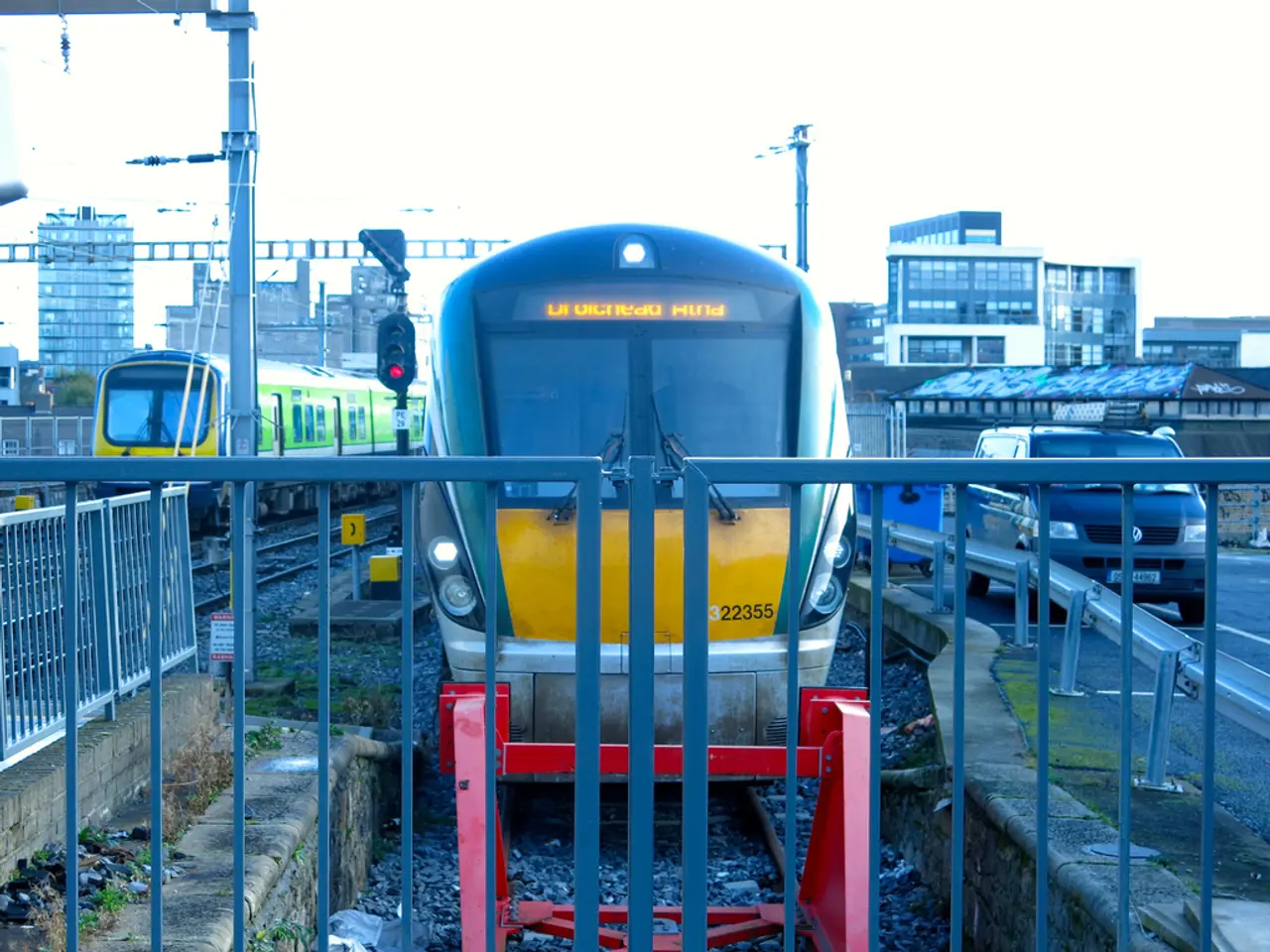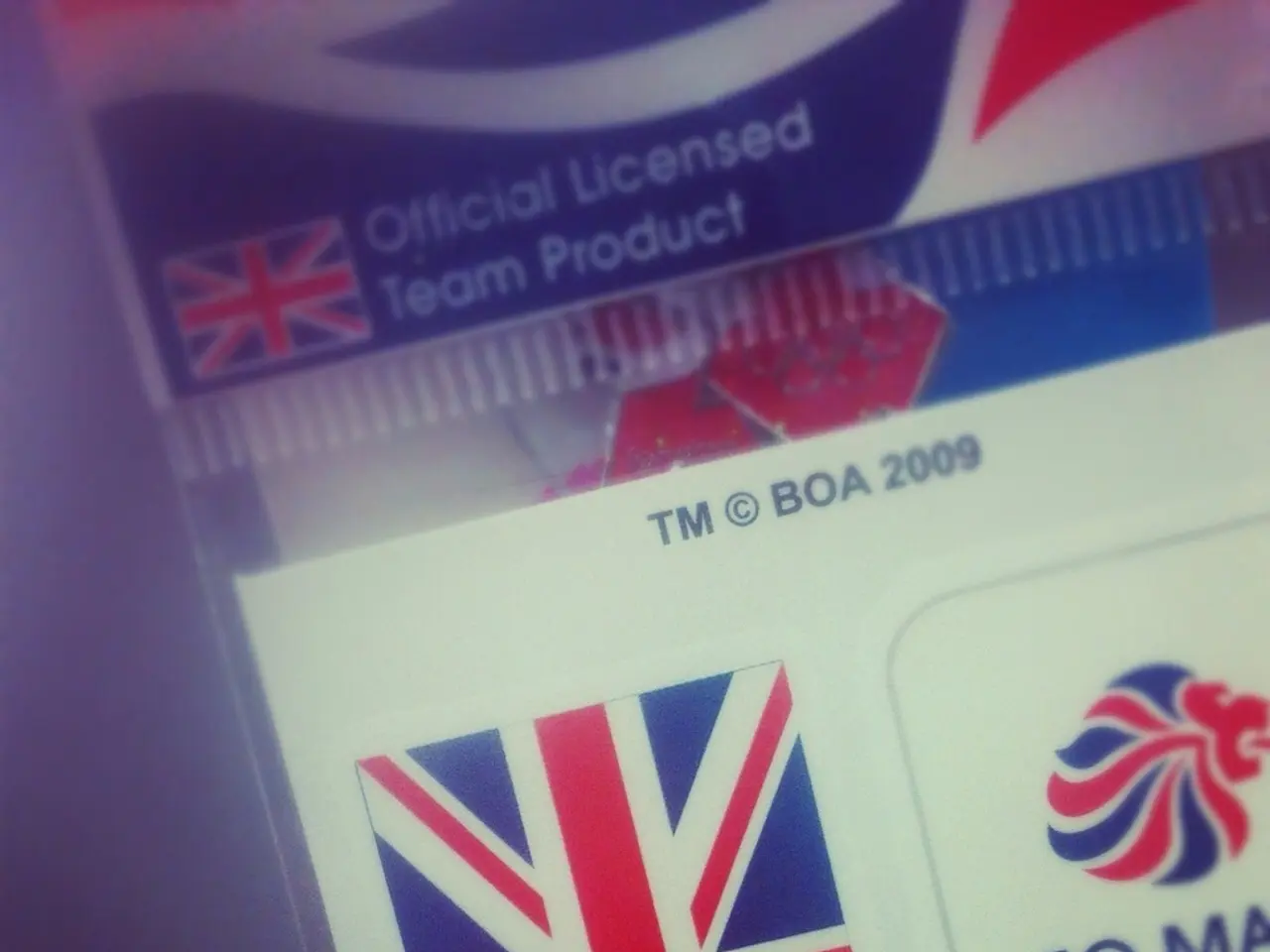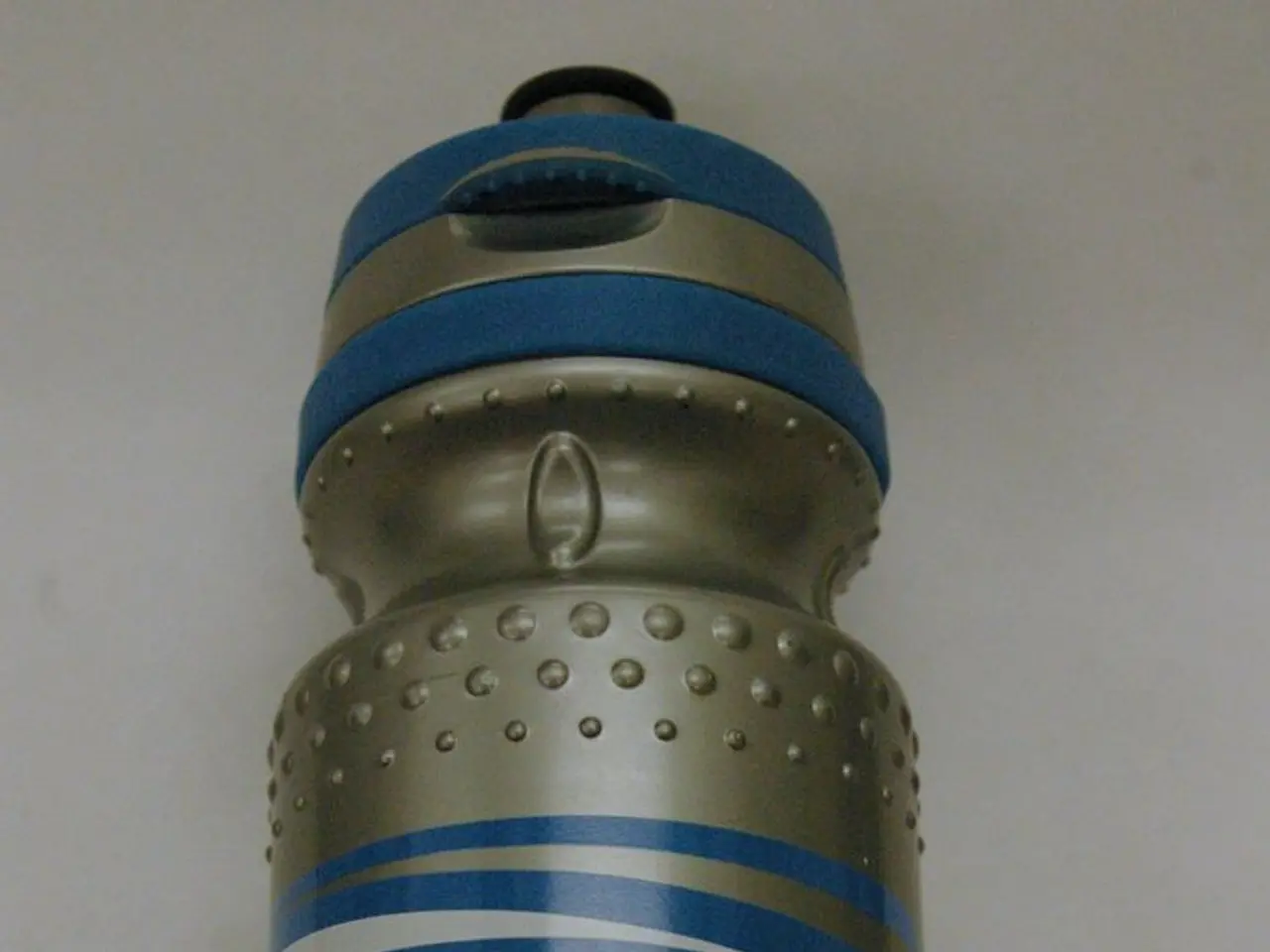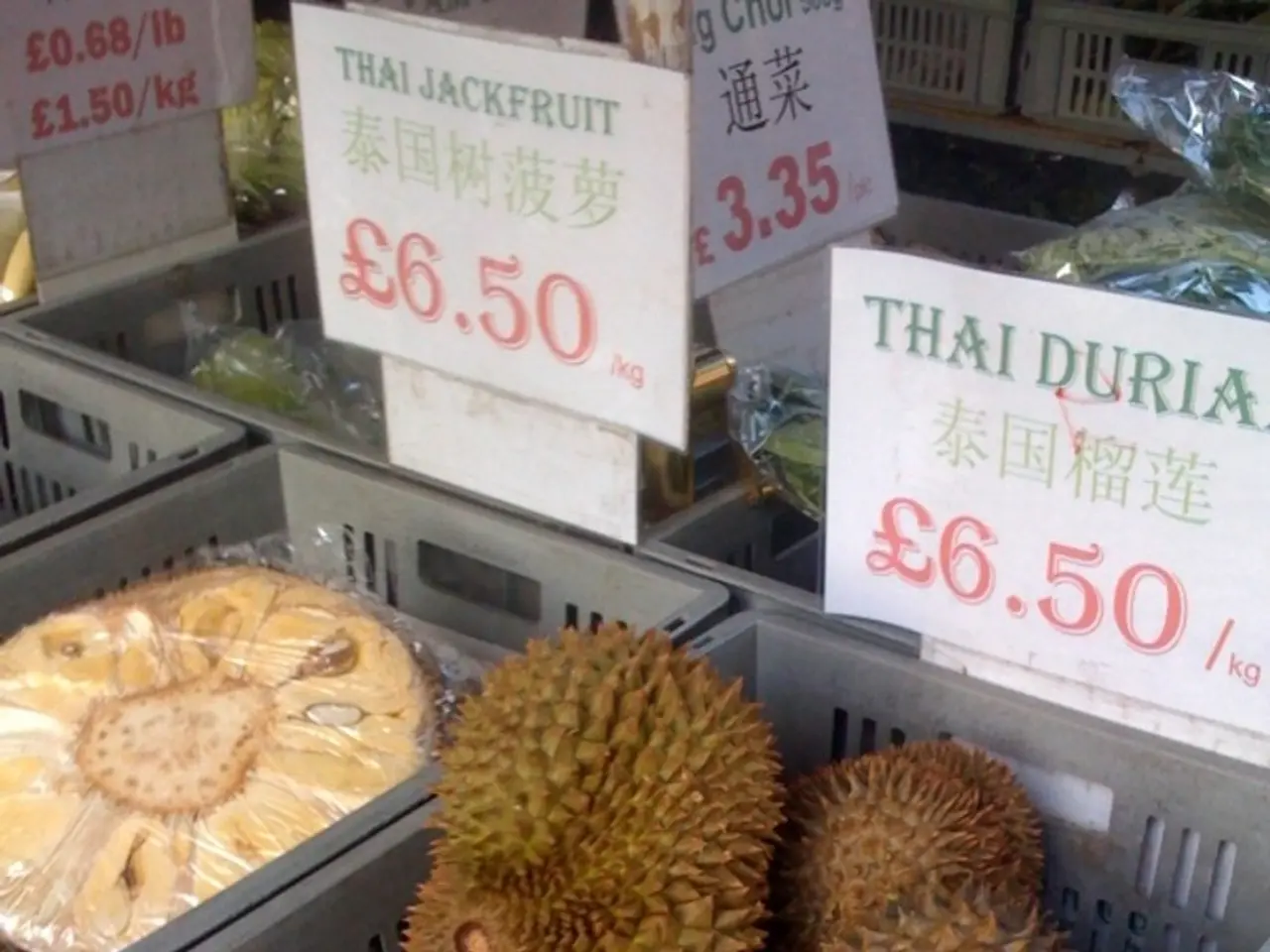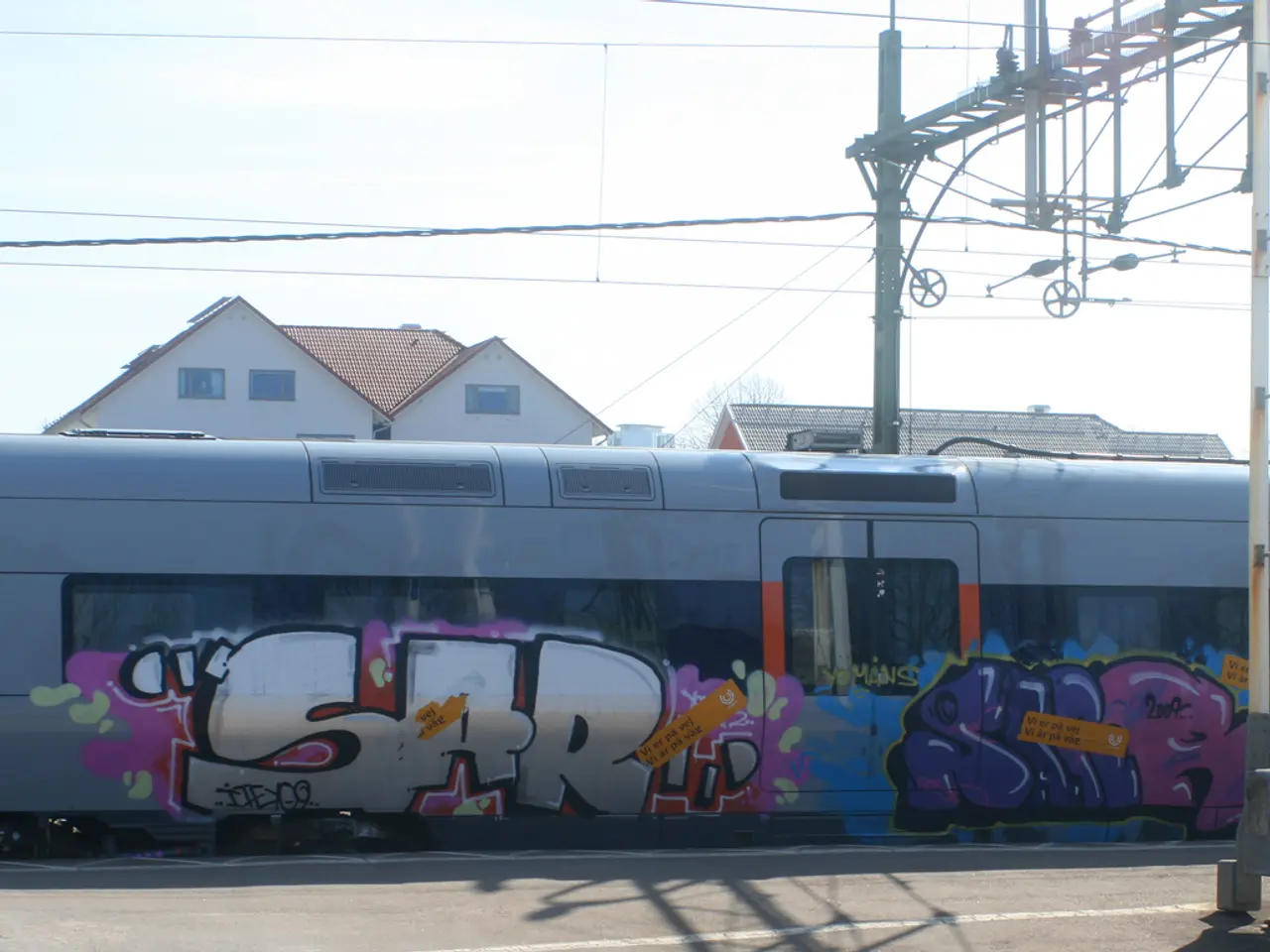"Advancements in collaborative railway ticket proposal"
The Thai government has announced plans to implement a 20-baht fare cap on all electric train lines in Bangkok and its suburbs, marking a significant step towards lowering living costs, promoting the use of public transport, and reducing congestion, accidents, and pollution in the city. The policy, set to be implemented on October 1, 2025, will cover eight electric rail lines spanning over 276.84 kilometres of tracks and 194 stations.
The government approved this measure on July 8, 2025, endorsing the Transport Ministry’s proposal to boost ridership, reduce pollution, and lower commuting costs. The fare cap applies to lines such as the Green, Gold, Yellow, Pink, Blue, Purple, Red Lines, and the Airport Rail Link (ARL). Passengers will need to register through the “Tang Rat” app with Thai nationality verification to access the discounted fares.
For the policy to succeed, two key legislative amendments must be passed: the amendments to the Mass Rapid Transit Authority of Thailand (MRTA) Act and the Joint Ticketing System Management Act. These amendments, expected to be submitted to the House of Representatives by August 7, 2025, will enable the creation of a joint ticketing support fund. Under the new system, the MRTA will transfer fare revenues to the Ministry of Finance, which will compensate private rail operators for any shortfall caused by the fare cap based on actual passenger data.
Once the House approves the amendments, a public hearing will follow as required by law. The government and stakeholders, including Bangkok’s Governor and private operators, have shown full cooperation, indicating confidence in sustainable revenue generation under the scheme to reduce congestion, pollution, and commuting costs.
The success of the 20-baht policy hinges on the timely enactment of these three legislative measures: the Railway Transport Act, the Joint Ticketing System Management Act, and the MRTA Amendment Act. The MRTA Amendment Act permits the agency to use its revenue, especially from the profitable MRT Blue Line, to subsidise less profitable services through the new fund. The Joint Ticketing System Management Act creates a unified fare system across public transit.
The Ministry of Finance will compensate private rail operators for losses incurred under the 20-baht fare policy. The compensation will be calculated based on actual passenger data. The amendments also include changes to the MRTA Act, setting regulatory standards for the sector.
The government hopes the fare cap will help lower living costs, promote the use of public transport, and reduce congestion, accidents, and pollution in Bangkok. The timeline for the policy's implementation is as follows:
- August 7, 2025: Submission of key legislative amendments to Parliament - After August 7: Parliamentary approval and public hearings - October 1, 2025: Full implementation of the 20-baht fare cap across the network
Successful implementation depends critically on enacting the two legislative amendments to establish the compensation fund and unify ticketing operations.
The government's plan to establish a 20-baht fare cap on electric train lines, aiming to alleviate living costs and promote public transport usage, falls under the broader objective of the Transport Ministry to boost ridership, reduce pollution, and lower commuting costs across all industries and businesses in Bangkok. This policy, to be implemented on October 1, 2025, will impact transportation, particularly sectors involved in rail operations, as it requires amendments to the Mass Rapid Transit Authority of Thailand (MRTA) Act, the Joint Ticketing System Management Act, and the Railway Transport Act. The success of the policy will depend on the finance sector, as the Ministry of Finance will be responsible for compensating private rail operators for any losses incurred under the fare cap.
